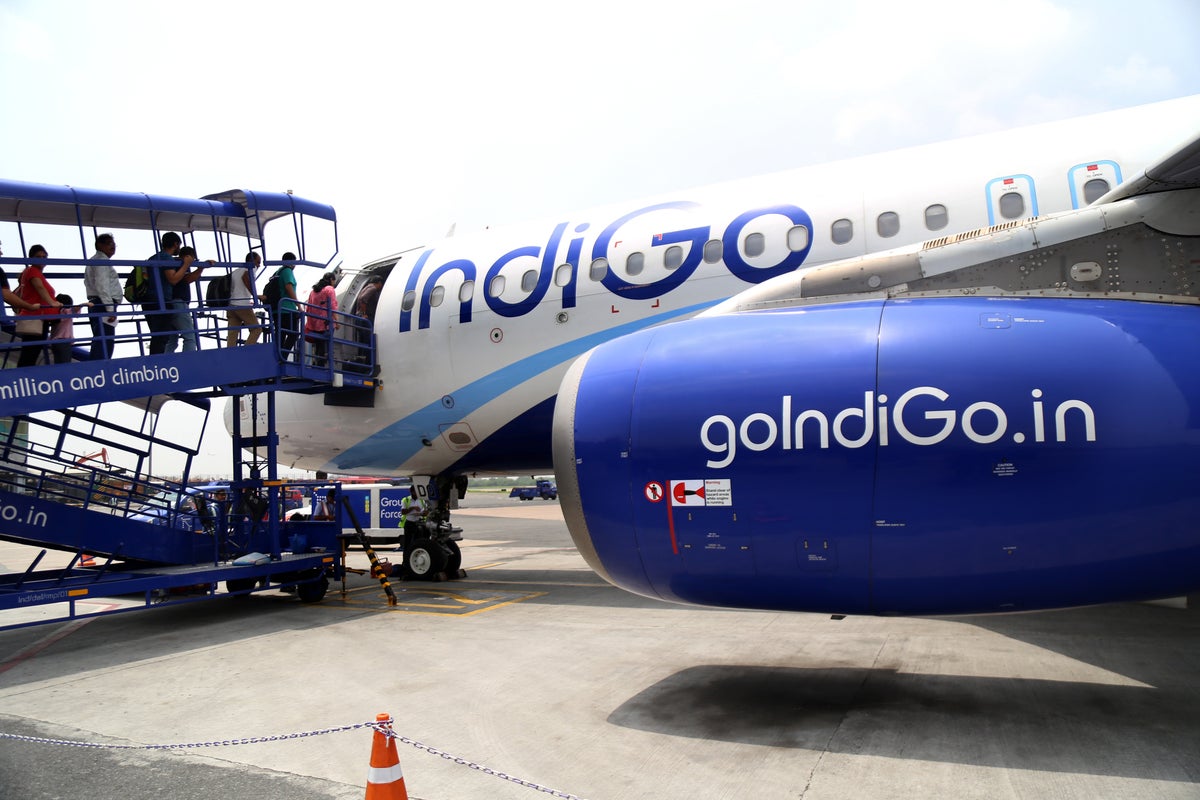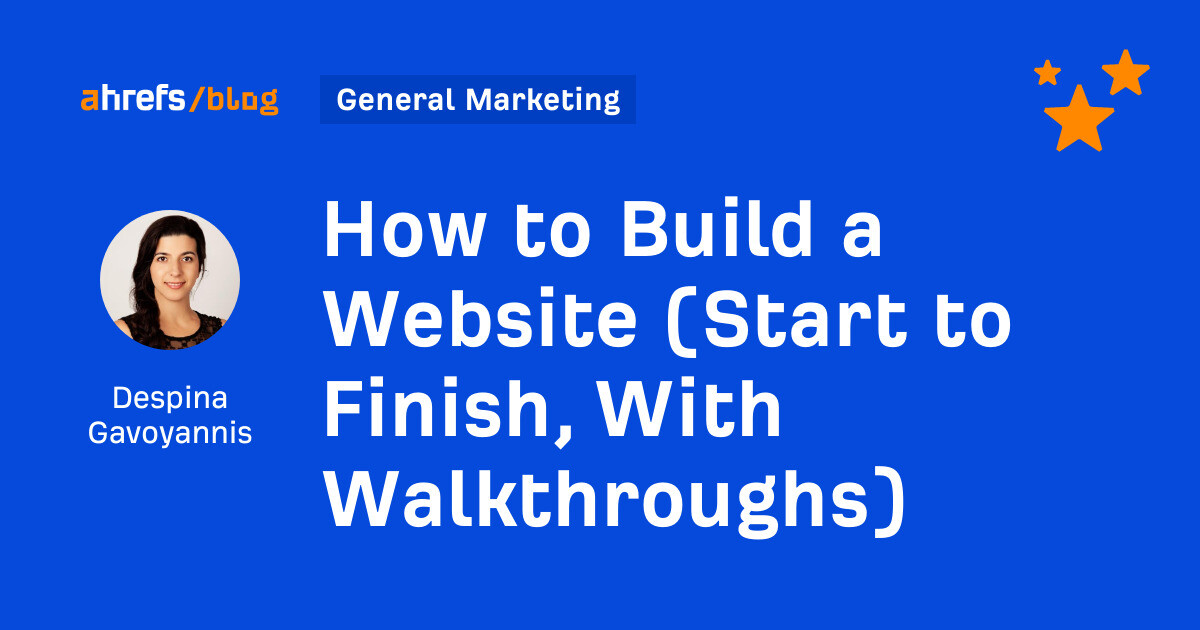Black media is being hurt by agency blocklists—how Group Black and DoubleVerify plan to fix it
The partnership focuses on educating advertisers to reduce the impact of blocklists and site misclassification of Black creators.

As advertisers continue efforts to increase spend with Black-owned media, some have found that brand safety policies around blocklists have hindered progress.
All agencies have blocklists they implement in the interest of brand safety when buying media placement, but many of these blocklists are not updated regularly, don’t evolve at the same pace of language and culture, and often include terms associated with Black culture.
To combat this, Group Black, one of the largest collectives of Black-owned media and diverse creators, struck a deal with DoubleVerify, a software platform for digital media measurement, data and analytics, to educate brands and agencies about updating blocklists and site classifications and help open up more Black-owned inventory. The collaboration is part of DoubleVerify’s initiative to help underrepresented publishers maximize inventory value.
Ad Age Leading Women Luncheon
Get your tickets for Aug. 8 event in New York
“The issue was amplified a couple of years ago when agencies and brands started to focus on supporting Black-owned media companies,” said Kerel Cooper, president of advertising at Group Black. “You pledge to spend all this money, but some of the legacy buying practices prevent you from spending these dollars.”
Using its proprietary artificial intelligence brand safety tool, DoubleVerify can look at individual web pages to determine their suitability for ad placement, instead of blocking whole websites with broad strokes. For example, many brands and agencies have “Obama” on blocklists, which dates back to his time as president, Cooper said. Putting his name on the blocklist was not unusual as many brands don't want to be associated with political content. Group Black and DoubleVerify's system is designed to advise clients to remove Obama's name from blocklists because Obama hasn't been in office since 2017 and has gone on to do things outside of politics, including playing a big role in Black culture.
More agency news from Ad Age
DoubleVerify is also working with advertiser clients to ensure brand safety and suitability settings are not limiting reach and working with individual publishers to optimize their ad server setup and tag configuration for maximum see-through-rate.
The test run of the program launched in early 2023 and included a handful of top advertisers and publishers. Group Black declined to provide details on the advertisers and publishers involved in the test. That test resulted in 14.8% of inventory on Black media, which had previously shown up on blocklists, opening up to advertisers; the number of Black-owned sites that had been previously blocked because of classification decreased by 98.6%
Now, the initiative is being rolled out globally with all of DoubleVerify's clients and anyone else who would like to participate.
Ad Age Small Agency Awards
See all of the 2023 winners
By demonstrating the unintended consequences of overblocking and advocating for more sophisticated, context-based brand safety practices, the partnership hopes to inspire advertisers to reconsider and adapt more tailored and progressive methods, according to Julie Eddleman, DoubleVerify global chief commercial officer.
“From a business standpoint, it’s not only important for DV, but it’s important for our clients to be able to reach the consumers they need in order for them to grow their sales,” she said.

 UsenB
UsenB 































